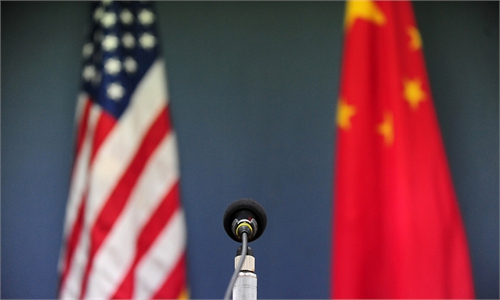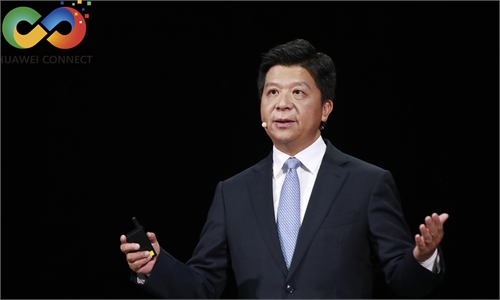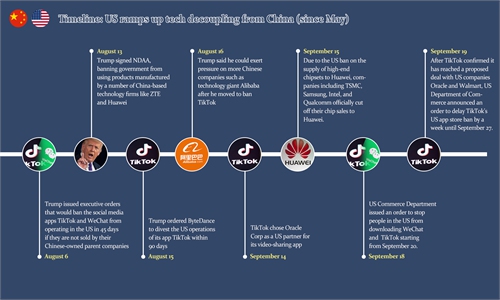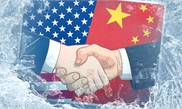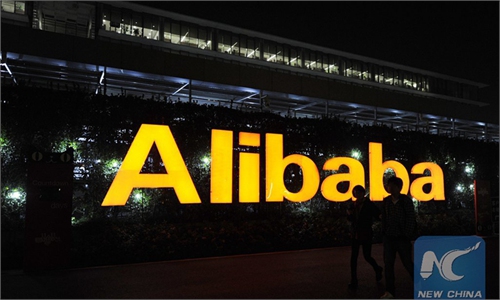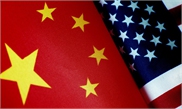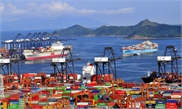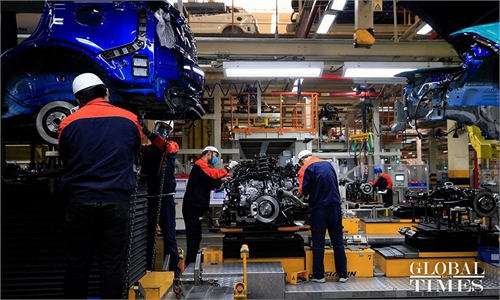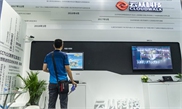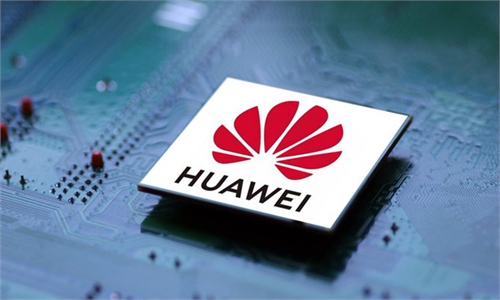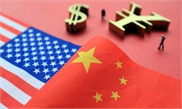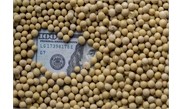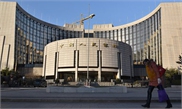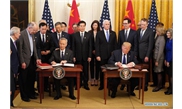US bill may backfire on its capital market
With the US House of Representatives giving the green light to a controversial bill that could block Chinese corporate listings from US stock exchanges, the global clout of the US equity market would be at stake, experts said.
Chinese festival products surge into US
What lies ahead for China-US trade after a prolonged trade war, which has reached a crossroads following Donald Trump's defeat in the 2020 presidential election?
Huawei says survival to be main task under US ban, vows to use all strength to empower industry partners
While some people are still wondering about the fate of Huawei, the Chinese tech giant which has been just cut from almost all chip supplies under a US chip ban effective from September 15, doesn't seem to be as worried as expected and has presented its next vision to the world – use all its technological strength to empower its partners in the industrial chain become stronger in the upcoming ICT era.
Timeline: US ramps up tech decoupling from China (since May)
Timeline: US ramps up tech decoupling from China
Chinese, US chief trade negotiators hold phone talks
Chinese Vice Premier Liu He, a member of the Political Bureau of the Communist Party of China Central Committee and chief of the Chinese side of the China-U.S. comprehensive economic dialogue, held a phone conversation with U.S. Trade Representative Robert Lighthizer and Treasury Secretary Steven Mnuchin on Tuesday morning.
Trump's 'endorsement' of Triller will please Hollywood: observer
US President Donald Trump's registration on TikTok competitor Triller, the short-video app backed by Hollywood celebrities in the wake of a TikTok backlash could be a ploy to please US media industry as the presidential election draws near, Chinese observers say.
Pandemic helps Chinese sellers break into new markets
The pandemic has brought businesses chances for many Chinese corporations, even opening up new markets for some of them, as China has been the fastest of the major global markets to restart its industrial chains and it is also able to supply the world with products that many countries in the world can't manufacture at the moment.
US needs to create favorable conditions for trade deal: MOFCOM
China's Ministry of Commerce (MOFCOM) Thursday urged the US to end restrictive and discriminatory measures on Chinese companies to create a good environment for the implementation of the phase one trade deal.
US companies staying put in China despite trade tensions: survey
Despite an unprecedented downturn in US-China relations amid the coronavirus pandemic, American businesses are not leaving the Chinese market, one of the world's largest, a report from the US-China Business Council (USCBC) showed.
China's economy is recovering in May, but statistics underline growth difficulty
China's industrial output, fixed-asset investment and retail sales continued to rebound in May, the second full month after the world's second-largest economy reopened after it largely contained the COVID-19 outbreak.
China's soybean imports up as phase one trade deal rolls in
China's soybean imports in the first five months this year jumped 6.8 percent as the phase one deal steadily rolls in, according to the statistics released by the General Administration of Customs (GAC) on Sunday.
Chinese companies, institutions blacklisted by US have Plan B as sanctions take effect
Chinese companies and institutions have activated their own versions of plan B in the face of sanctions imposed by the US government that will deprive them of some American supplies, companies and industry insiders told the Global Times on Thursday.
Facing US tech war, China needs to turn to homegrown innovations
China should forgo the illusion of obtaining technology from the US, and turn to homegrown innovations, and Chinese companies should prepare for a “tech war” lasting a decade, Chinese experts said Sunday in response to the US' blacklisting 33 Chinese entities on Friday.
Possible delay seen in phase one trade deal as US battles virus
The implementation of the China-US phase one trade deal may be put off this year as the US battles the spreading coronavirus and the country's agriculture sector may face a delivery problem, experts said.
Foundation for Trump's trade war shows cracks
The foundation for US President Donald Trump's relentless trade war against China is starting to show cracks, as the White House seems under pressure to consider removing their punitive tariffs on Chinese imports, due to the acute blow caused by the spreading coronavirus pandemic, Chinese trade experts said on Sunday.
Coronavirus outbreak in US may delay China's soybean purchase
China's massive purchases of US soybeans are likely to be put off to the second half of the year due to high US soybean prices and weakening demand in China resulting from the coronavirus outbreak. Based on the terms of the phase-one trade deal, China will buy $32 billion worth of agricultural products over two years.
US, China must assume reciprocal obligations in financial services opening
The financial services part of the phase one trade deal, featuring obligations from both sides that are basically reciprocal, has once again testified to China's efforts to liberalize its financial sector, the People's Bank of China (PBC), the country's central bank, said on Thursday.
Text of phase one deal balanced, fair: experts
The phase one trade agreement between China and the US reflected what Chinese officials have long stressed – that any deal must be balanced and fair and include initiatives that, if properly executed, could help address disputes and avoid further confrontation, Chinese analysts said on Thursday.
